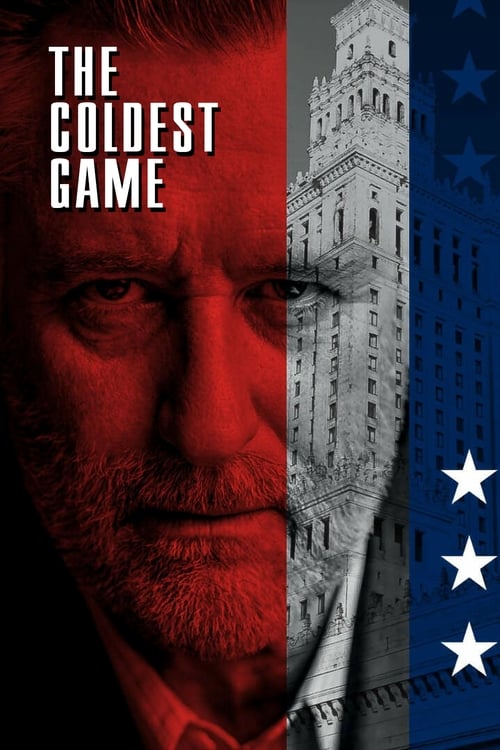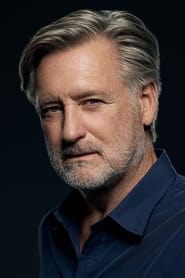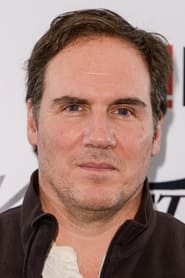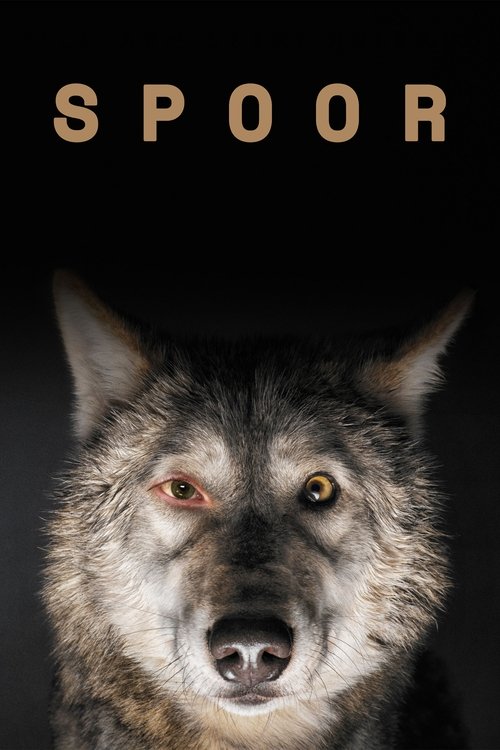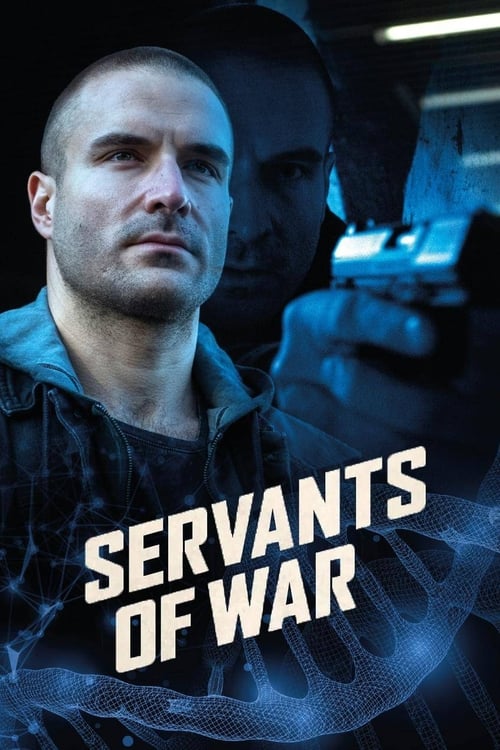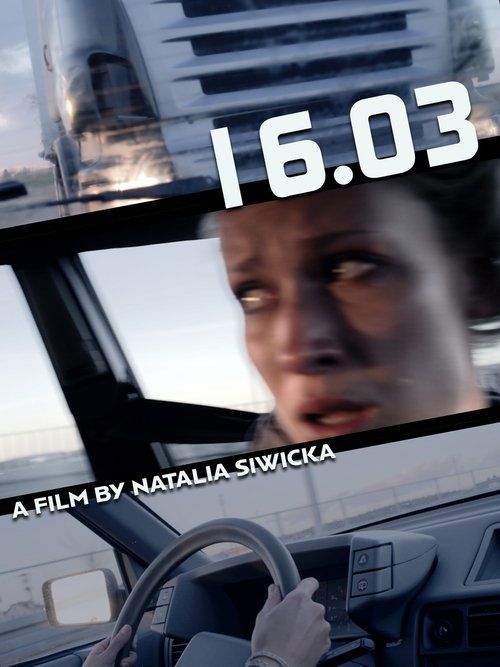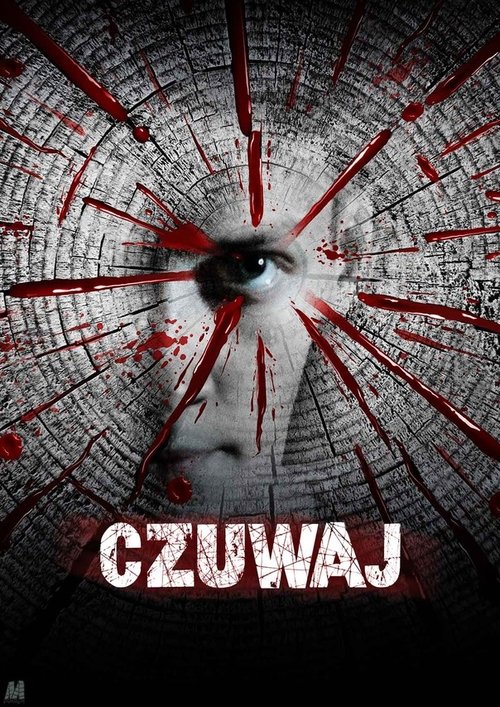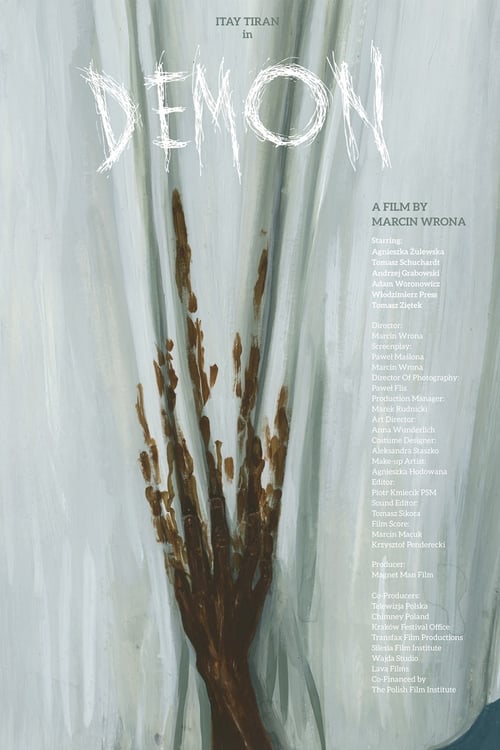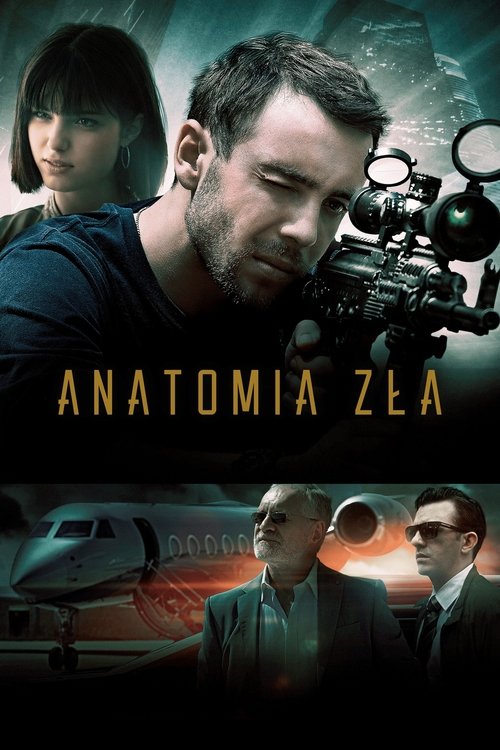
Ask Your Own Question
What is the plot?
What is the ending?
In the ending of "The Coldest Game," the protagonist, Joshua Mansky, successfully outmaneuvers his opponents in a high-stakes chess match, ultimately revealing the truth behind the political intrigue surrounding him. He escapes the clutches of those who sought to manipulate him, and the film concludes with a sense of resolution for his character.
As the final act unfolds, the tension escalates in the dimly lit chess hall, where Joshua Mansky, a brilliant but troubled chess prodigy, faces off against the formidable Soviet champion, Mikhail Botvinnik. The atmosphere is thick with anticipation, as the stakes of the match extend far beyond the chessboard, entwined with espionage and international conflict. Joshua, who has been reluctant to engage in the political machinations surrounding him, finds himself at the center of a dangerous game that could alter the course of history.
Scene by scene, the match begins with Joshua appearing disheveled and uncertain, haunted by his past and the pressures of the present. As the game progresses, he gradually sheds his self-doubt, tapping into his innate genius. The camera captures his intense focus, the beads of sweat forming on his brow, and the flicker of determination in his eyes. Each move on the board is mirrored by the escalating tension in the room, where agents and officials from both sides watch with bated breath.
Meanwhile, the subplot involving the KGB and the CIA unfolds in parallel. Agents from both sides are seen whispering and plotting, their eyes darting nervously as they realize the implications of Joshua's performance. The stakes are not just about winning the match; they are about control over nuclear secrets and the balance of power in the world.
As the game reaches its climax, Joshua makes a bold move that surprises everyone, including his opponent. The camera zooms in on his face, revealing a mix of fear and exhilaration. He recalls moments from his past, the weight of his decisions, and the lives that hang in the balance. This moment of clarity propels him forward, and he plays with a newfound confidence, countering Botvinnik's strategies with unexpected brilliance.
In a final, dramatic sequence, Joshua delivers a checkmate that leaves the audience gasping. The room erupts in chaos, with agents scrambling and the political implications of his victory sinking in. Joshua stands up, a mix of relief and triumph washing over him. He has not only won the game but has also outsmarted those who sought to use him as a pawn in their larger schemes.
As the dust settles, Joshua's fate takes a turn for the better. He is no longer the haunted man he once was; he has reclaimed his agency and purpose. The film closes with him walking away from the chess hall, a sense of liberation in his stride. The camera lingers on his face, capturing a hint of a smile, suggesting that he has found a way to move forward, free from the shadows of his past.
In contrast, the fates of the other main characters are left ambiguous. The KGB agents, who had been so confident in their manipulation, are left scrambling to deal with the fallout of Joshua's unexpected victory. The CIA operatives, too, are left to reassess their strategies in light of the new developments. The political landscape remains fraught with tension, but for Joshua, the game has ended, and he has emerged victorious, both on the chessboard and in reclaiming his life.
Is there a post-credit scene?
The Coldest Game does not have a post-credit scene. The film concludes its narrative without any additional scenes or content after the credits roll. The story wraps up with the resolution of the main plot, focusing on the protagonist, mathematician and chess player Joshua Mansky, as he navigates the high-stakes world of Cold War espionage and chess. The ending leaves viewers with a sense of closure regarding the characters and their fates, without any further revelations or cliffhangers.
What is the significance of the chess game in The Coldest Game?
The chess game serves as a central metaphor for the strategic maneuvering and psychological warfare between the characters, particularly highlighting the protagonist's struggle against his own demons and the external pressures from the Cold War context.
How does the character of Matt Baker evolve throughout the film?
Matt Baker, initially portrayed as a reclusive and disheveled genius, undergoes a transformation as he confronts his past and the expectations placed upon him, ultimately finding a sense of purpose and courage to face both the chess competition and the threats surrounding him.
What role does the Cold War play in the motivations of the characters?
The Cold War backdrop intensifies the stakes for the characters, particularly for Matt Baker, who is thrust into a high-pressure situation where his skills are not only a matter of personal pride but also a reflection of national interests, influencing his decisions and interactions with other characters.
Who are the key antagonists in The Coldest Game, and what are their motivations?
Key antagonists include the Soviet agents and the political figures who seek to manipulate the chess tournament for their own gain, driven by a desire for power and control during a tense geopolitical climate, which adds layers of danger and urgency to Matt's situation.
What is the relationship between Matt Baker and the character of his wife?
Matt's relationship with his wife is strained and complex, marked by feelings of betrayal and unresolved issues from their past, which are brought to the forefront as he navigates the challenges of the chess tournament and his own personal redemption.
Is this family friendly?
"The Coldest Game" is not considered family-friendly due to several potentially objectionable elements. Here are some aspects that might be upsetting for children or sensitive viewers:
-
Violence: The film contains scenes of physical altercations and threats, which may be intense and unsettling.
-
Mature Themes: The narrative explores themes of espionage, betrayal, and political tension during the Cold War, which may be complex and difficult for younger audiences to grasp.
-
Language: There are instances of strong language that may not be suitable for children.
-
Alcohol Use: Characters are shown consuming alcohol, which may not be appropriate for younger viewers.
-
Tension and Suspense: The overall atmosphere of the film is filled with suspense and anxiety, which could be distressing for sensitive viewers.
These elements contribute to a tone that is more suitable for adult audiences rather than children.

